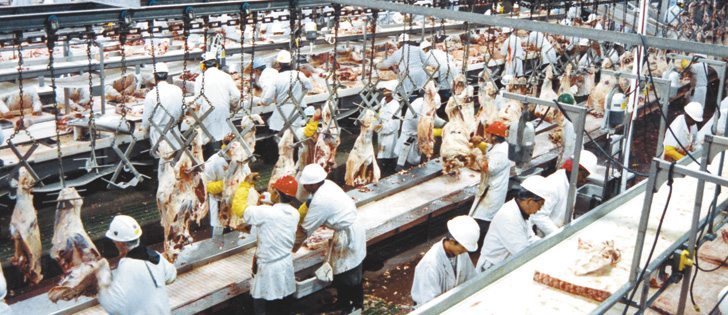European biodiesel officials are keeping a watchful eye on Canadian biodiesel exports in the wake of imposing anti-dumping duties on the United States.
There are suspicions that U.S. biodiesel producers may be skirting the duties by shipping product through nearby countries like Canada.
“We do not have evidence. It’s just rumours on the markets,” said Amandine Lacourt, project manager with the European Biodiesel Board.
Gord Quaiattini, president of the Canadian Renewable Fuels Association, doubts those rumours are true.
Read Also

Maritime biofuel regulations could increase crop prices
The International Maritime Organization is proposing a new regulation that would provide an enormous boost to global biofuel demand, which would have a tremendous impact on demand for crops like corn, soybeans and canola.
“It would be interesting to have any of this information presented to us because I would find it very difficult to believe,” he said.
“We’re certainly not aware of any substantive increase of activity on the biodiesel side through here.”
On July 7, the European Commission announced it was imposing punitive anti-dumping duties on U.S. biodiesel ranging from $335 to $643 per tonne, depending on the exporting company involved.
The duties were in response to what the biodiesel board claims were massive volumes of heavily subsidized U.S. product being sold in Europe at a substantial discount to domestically produced biodiesel.
Biodiesel tax credit
U.S. biodiesel manufacturers have been receiving a $1 US per gallon blender tax credit since Jan. 1, 2005. It applies to fuel produced for domestic consumption and for export.
Lacourt said it amounts to a $300 per tonne subsidy on exports, which is creating unfair competition overseas.
Exports of U.S. biodiesel to the EU have risen to one million tonnes in 2007 and 1.7 million tonnes in 2008.
“That has created significant injury on the European market,” she said.
The U.S. National Biodiesel Board disputes the export statistics and the allegations of harm. It says “arbitrary procedural conclusions” and “inaccurate market assumptions” were used by the commission as the basis for imposing the duties.
“Strikingly, the EU producers that are alleging harm in the complaints have increased their market share by 5.8 percent and posted a 5.7 percent profit, which is quite healthy by industry standards,” said the board in a news release.
Lacourt said Europe’s biodiesel industry is thrilled with the commission’s decision to impose the anti-dumping duties.
There have been no direct shipments of U.S. biodiesel to the EU since the duties were imposed. But sales from other countries like Argentina and Canada are suspiciously on the rise.
There have been a few shipments from Canada of approximately 10,000 tonnes per month.
“We’re not talking very high volumes. It’s just that for us, it was surprising to see those shipments coming just after the measures on U.S. biodiesel were imposed,” said Lacourt.
Argentina exports up
Argentina’s exports to Europe have risen 20-fold. Lacourt said that may be due in part to U.S. biodiesel finding a backdoor route to Europe. But it also may be a response to Argentina applying a high export tax on soybeans and a small one on biodiesel, which creates another unfair incentive for processing soybeans into biodiesel for export.
Quaiattini is not concerned that the EU duty will cause a flood of U.S. biodiesel over the border into Canada.
He is confident blenders will see the cost advantage of using locally produced biodiesel.















